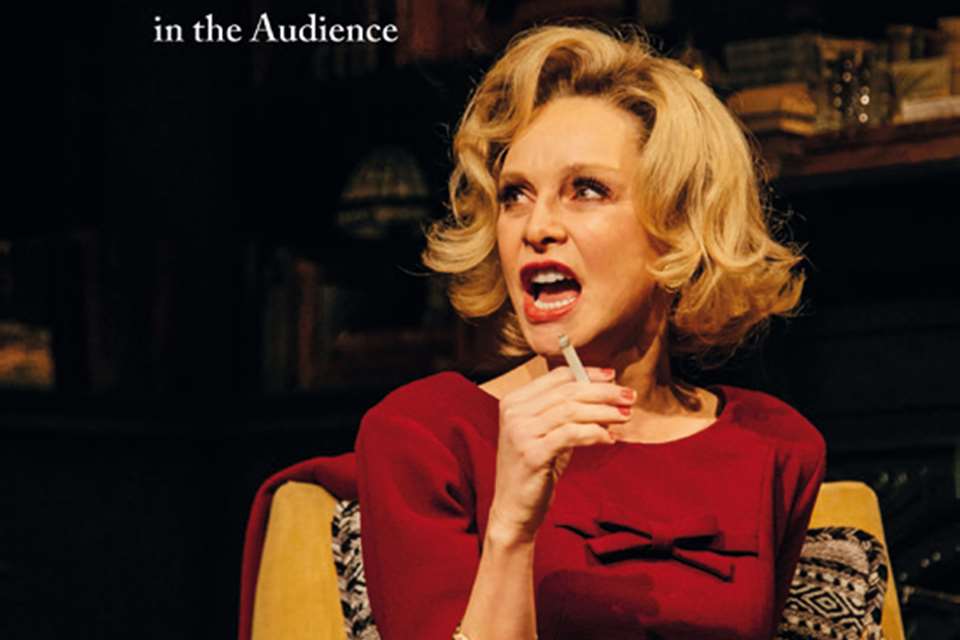Learning from history: playwrights and policy
Jane Woddis
Sunday, October 1, 2023
Learning from history: playwrights and policy

With the legacy of the pandemic, the impact of Brexit, cuts to arts funding and the economic precariousness of freelancers, it's a challenging time for people working in theatre – but it's not the first time the industry has been faced with hardship. It is useful to look at how theatre practitioners have organised together to tackle difficult issues of in the past.
In the mid-1970s, playwrights in the UK started up their own self-directed organisations to improve and protect working conditions for theatre writers, and to promote and develop new playwriting. They aimed to influence policy and its implementation by both arts funders and theatre managements.
Following the Scottish Society of Playwrights in 1973, other organisations were set up in the other three nations within the UK. Looking specifically at England (where I've undertaken most of my research), national, regional and local bodies emerged to deal with the absence of established payment or working rights for playwrights, where new works were a small fraction of the theatre repertoire and Arts Council new writing funds were being cut.
To meet these problems, playwrights' organisations carried out an impressively wide range of activities. They ran script-reading services, competitions and festivals; provided resources and programmes; offered regular newsletters and forums; organised conferences; carried out research, including surveys of playwrights' earnings; and conducted campaigns on funding cuts, writers' working terms and conditions, and issues concerning theatres' treatment of new plays.
Often working with other theatre workers, these organisations were able to reverse some of the Arts Council's proposed funding cuts and bring changes to policies. New plays as a proportion of the repertoire increased in areas where these organisations were active. In the North West of England, there was a remarkable growth in new productions during the first decade of the North West Playwrights organisation.
An early, long-standing success of playwrights' campaigning was the standard contract agreement for playwrights, achieved by the joint efforts of the Theatre Writers' Union and the Writers' Guild of Great Britain. Accepted by the theatre management and applied across national and small-scale companies, it continues to be updated and improved – a reminder to us that, by working collectively, theatre workers can bring about important changes that can last.
Jane Woddis is a researcher and former theatre administrator. She is the author of Acting on Cultural Policy: Arts Practitioners, Policy-making and Civil Society (Palgrave, 2022) and co-editor of Artists’ Narratives in Cultural Policy and Management Research, a special issue of the Journal of Cultural Management and Cultural Policy (2022).








